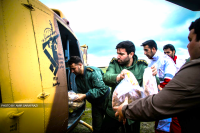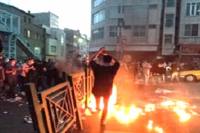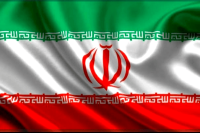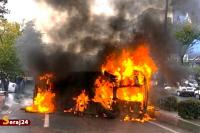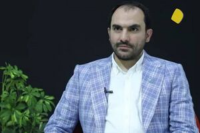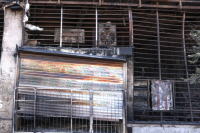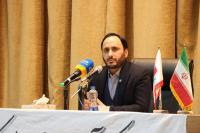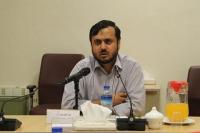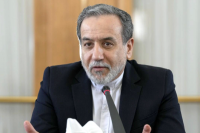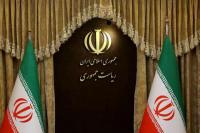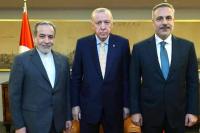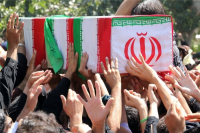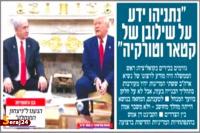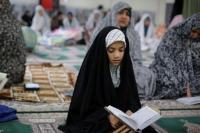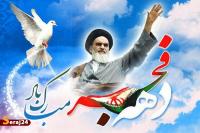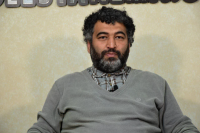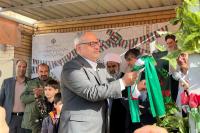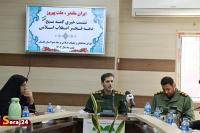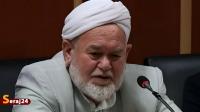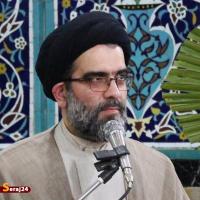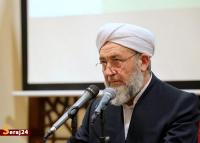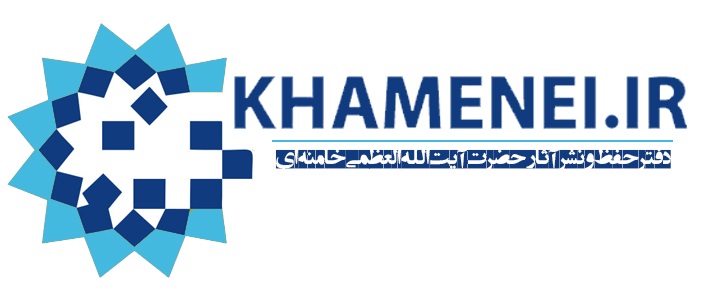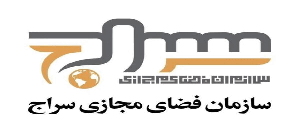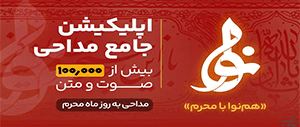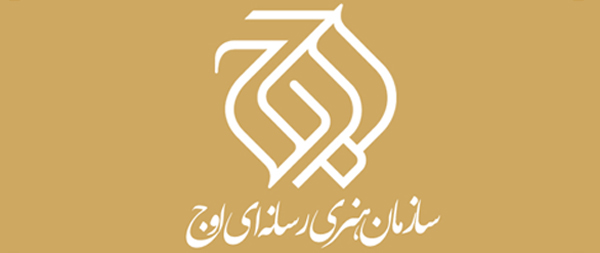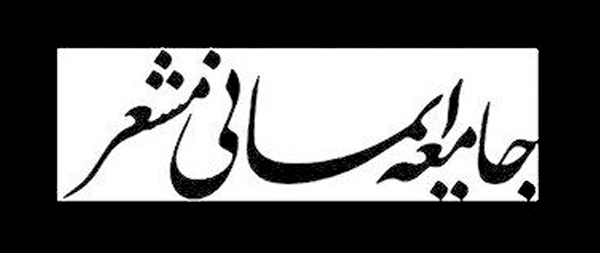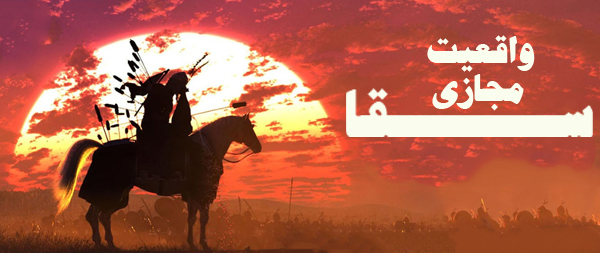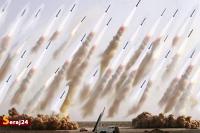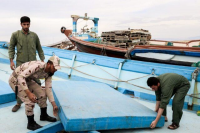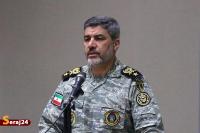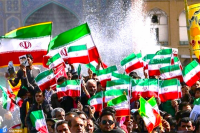
.
"We are not hopeful about these negotiations," member of the Iranian parliament's National Security and Foreign Policy Commission Mohammad Esmayeeli told FNA on Tuesday.
He criticized the western states for their insincerity in talks with Iran, and said, "This insincerity can be seen in their words and deeds and we should wait for the upcoming talks between Iran and the other countries and hope that the other side would attend the upcoming negotiations with modified views."
Iran's deputy chief negotiator Ali Baqeri and EU foreign policy deputy chief Helga Schmitt in a phone talk on February 5 agreed that the next round of talks between Tehran and the Group 5+1 be held in Kazakhstan on February 26.
The last round of talks between Iran and the five permanent members of the UN Security Council plus Germany was held in Moscow in June.
Washington and its Western allies accuse Iran of trying to develop nuclear weapons under the cover of a civilian nuclear program, while they have never presented any corroborative evidence to substantiate their allegations. Iran denies the charges and insists that its nuclear program is for peaceful purposes only.
Tehran stresses that the country has always pursued a civilian path to provide power to the growing number of Iranian population, whose fossil fuel would eventually run dry.
Despite the rules enshrined in the Non-Proliferation Treaty (NPT) entitling every member state, including Iran, to the right of uranium enrichment, Tehran is now under four rounds of UN Security Council sanctions for turning down West's calls to give up its right of uranium enrichment.
Tehran has dismissed West's demands as politically tainted and illogical, stressing that sanctions and pressures merely consolidate Iranians' national resolve to continue the path.
Tehran has repeatedly said that it considers its nuclear case closed as it has come clean of International Atomic Energy Agency (IAEA)'s questions and suspicions about its past nuclear activities.



